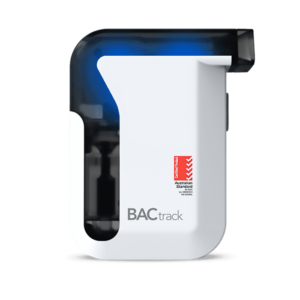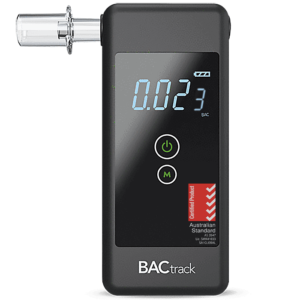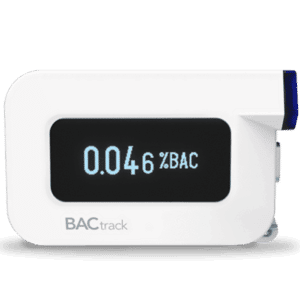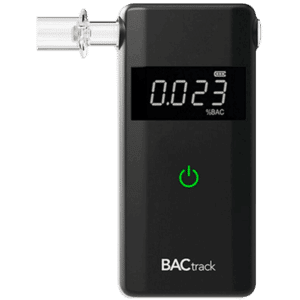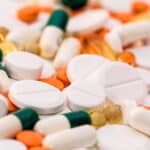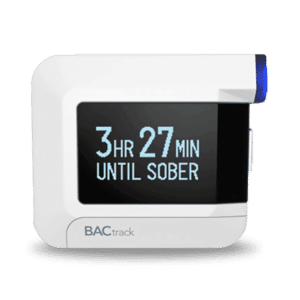MDMA Drug Test: What It Is and the Types of Tests
05 April, 2024
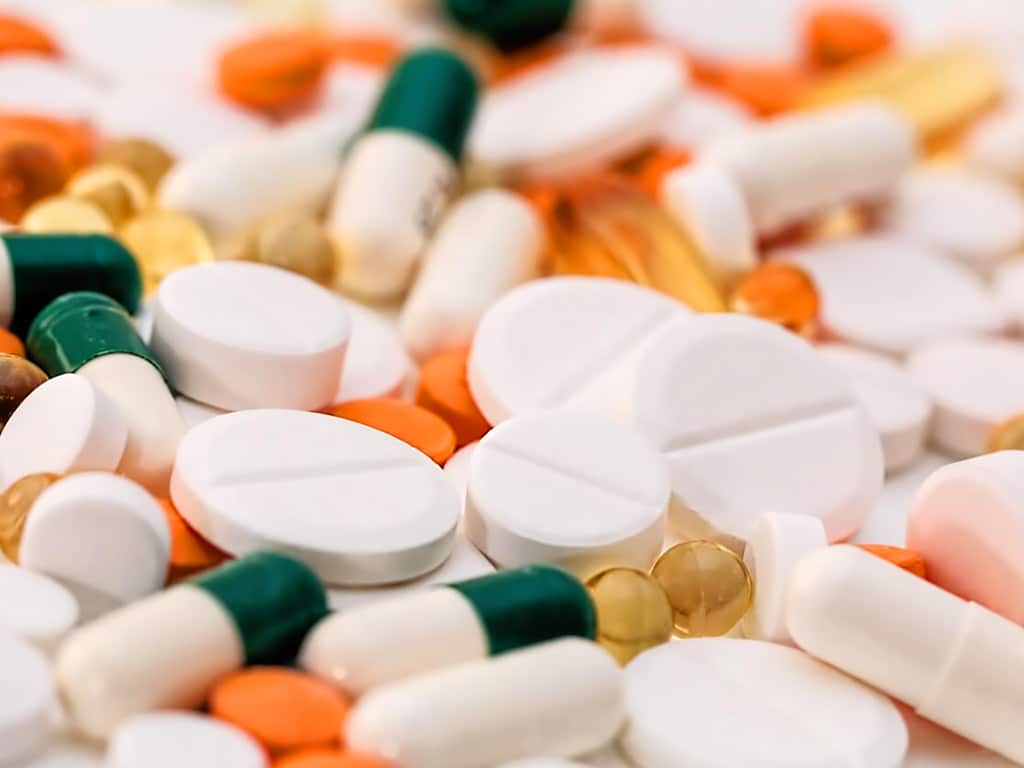
Methylenedioxymethamphetamine (MDMA), commonly known as ecstasy or molly, is a popular drug that has hallucinogenic effects. MDMA drug tests have become more prevalent in various settings to deter substance use. The various types of tests for detecting the presence of molly include urine, saliva, blood, and hair tests. Each type of test has different detection periods and collection procedures. Nevertheless, they all provide accurate and reliable results when testing officers follow strict protocols.
The widespread use of recreational drugs is a significant issue in society. Ecstasy addiction negatively impacts both individuals and communities. It leads to various health problems and increases the likelihood of accidents due to impairment. As a result, testing is becoming more common to ensure safety and offer interventions. This article will provide more information about ecstasy drug testing, including the types of tests and factors affecting the detection periods.
What is the MDMA Drug Test?
The MDMA drug test is a method that can detect the presence of ecstasy in the system of a person. It utilises specific techniques to analyse a body specimen to determine if any traces of illicit drugs are present.
Workplaces, athletic organisations, and drug rehabilitation centres commonly use this test. It helps ensure the safety and well-being of people by identifying those who may be using the illegal drug. By conducting regular drug testing, employers and organisations can prevent potential negative effects of drug use. These include impaired performance, accidents, and health complications.
The process of the MMDA test involves collecting a body specimen from the testee. Professionals analyse this sample to determine the presence or absence of MDMA using advanced laboratory techniques. The test looks for specific metabolites or breakdown products of the drug in the sample. If the test detects traces of the drug, it indicates drug use, which can have serious health consequences. These include rapid heartbeat, mental health issues, elevated blood pressure, and heart disease.
Importance of Testing for MDMA
- Drug testing ensures the safety and well-being of individuals in the community.
- Schools conduct testing to deter students from using illicit drugs. This creates a positive learning environment and serves as an intervention for those found using drugs.
- Testing identifies those with substance use disorders and provides information for ecstasy addiction treatment options.
- Employers conduct testing to ensure workplace safety. This protects the workers, contractors, visitors, and others from accidents.
- Testing by law enforcement officers protects road safety and identifies drivers committing drug driving offences or Driving Under the Influence (DUI).
- Screening can help athletic associations uphold fairness and protect the integrity of the competition.

Types of MDMA Drug Tests
Individuals and organisations may use several types of MDMA drug tests to identify those using molly. Firstly, urine tests are a common screening method for drugs. Many workplaces use urine screenings because of their detection period. The collection method involves using a sterile cup to collect the urine samples.
Meanwhile, saliva tests are typically used for onsite testing. This type of drug test uses a swab stick to gather saliva samples from inside the cheek and under the tongue. Similar to urine tests, people can use testing kits to detect them. On the other hand, blood tests use an invasive procedure to collect adequate samples. This method involves using a needle to gather fluid specimens from the arm.
Lastly, hair follicle tests help acquire a history of substance use. This is because it has a lengthy detection period compared to other body specimens. However, this period does not include substances ingested seven days before collection due to the nature of hair growth. Moreover, it is crucial to remember that detection times can vary depending on various factors.
Detection Windows
The window of detection for ecstasy can vary depending on the type of test. This is why selecting a test with the detection period in mind is crucial. Urine tests may detect MDMA for about two to five days. Meanwhile, blood testing may trace molly for about 24 to 48 hours after intake.
Similarly, saliva samples also hold traces of molly for about 24 to 48 hours. Lastly, hair testing may carry traces of MDMA for about 90 days after consumption. These detection times can be longer, especially for chronic users of the synthetic drug.

Factors Affecting the Detection Times of MDMA Drug Test
Several factors may affect the detection of molly in an MDMA drug test. Firstly, the timing of the drug test is one of the main factors. If the collection period of the specific screening method lies past the detection period of the screening method, then it will not present a non-negative or positive result.
Secondly, the cut-off levels of the drug test. Hence, it is essential to use testing kits with proven accuracy and reliability. The same is true for testing centres for laboratory testing. Thus, individuals and organisations must choose a reliable one. Thirdly, the dose taken and frequency of use are also factors in detecting the substance using tests. Generally, higher doses may lead to a lengthier detection period than average.
Moreover, the individual metabolism rate affects the detection window. Age, genetics, body mass, and overall physical health condition can all contribute to how quickly the body eliminates MDMA. In particular, people with kidney and liver diseases will process substances slower than the average individual.
What Happens After a Non-Negative Result?
After receiving a non-negative drug test result, the organisation may conduct a confirmation test to eliminate false-positive test results. This involves more precise laboratory methods to confirm the presence of drugs in their system. Subsequently, the consequences vary based on the situation.
In employment settings, the person might face disciplinary actions such as failed job application, employment termination, or mandatory counselling. Athletes or students could experience consequences like suspension or expulsion. Legal ramifications might also arise, particularly in safety-sensitive positions. The outcome depends on factors such as the severity of the offence and the policies of the organisation.
Conclusion
The MDMA drug test is an essential tool that workplaces, sports organisations, and rehab centres can use to detect ecstasy in individuals. It helps maintain safety by identifying those who may be using the drug. Various types of tests, including urine, saliva, blood, and hair follicle tests, can detect MDMA in different time frames. Finding traces of MDMA can indicate drug use and potential health risks like rapid heartbeat and mental health issues.
Various factors can influence the detection times of MDMA. These include the timing of the test, cut-off levels, dosage, frequency of use, and individual metabolism rate. After a non-negative result, confirmation tests are necessary to rule out false positives. The consequences following a non-negative result can range from disciplinary actions in employment settings to legal ramifications. Therefore, people must be aware of these factors and the potential outcomes to avoid these negative consequences.


















